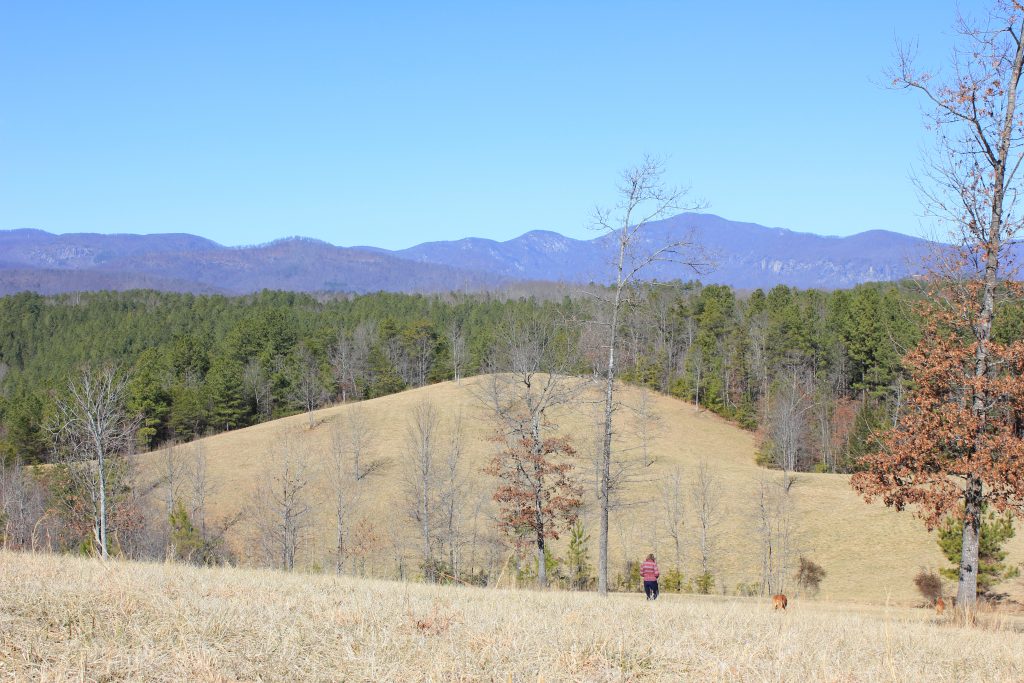4 Conservation Success Stories from December
A lot happened in December! These four projects all expand existing protected lands, including a nature preserve, a summer camp, and buffers to public land.
What would life be like in our region if we didn’t have our wild mountain landscapes and rolling, open farmland? Most of us who live in Western North Carolina or upstate South Carolina live here, at least in part, because we love the land. You can help protect these extraordinary places whether you’re a landowner interested in protecting your property or you’re a Conserving Carolina member supporting this good work.
Conserving Carolina has helped to protect over 51,000 acres, so far! Sometimes this means helping to create great public lands, like Chimney Rock State Park, DuPont State Recreational Forest, and Headwaters State Forest. Sometimes it means that we own the land, managing popular nature preserves and trails, like Florence Nature Preserve and Norman Wilder Forest. In many cases, it means partnering with landowners to protect privately owned land.

Many landowners care deeply about good stewardship of their land and want to leave a legacy of conservation. On our website, you can find an overview of options for protecting your land and some FAQs about conservation easements.
We are also happy to talk with you in person and help answer your questions. You can reach our land protection director, Tom Fanslow at (828) 697-5777 or tom@conservingcarolina.org.
Learn about options for landowners

Our communities benefit from conservation in so many ways. Conservation in Western North Carolina and upstate South Carolina:
When Conserving Carolina places land under conservation easement, the work of protecting that land isn’t over. It’s only just beginning! By accepting an easement, we assume the legal responsibility to ensure that the terms of the easement are upheld, forever. With the support of our volunteers, we monitor every property where we hold an easement at least once a year—over 200 properties in all.
We also partner with the landowners who hold those properties to support their land management. We offer personalized advice and support to conservation landowners as they work to leave the land better than they found it. We help landowners plan and carry out stewardship activities such as invasive plant removal, forest management, habitat restoration, bog restoration, and controlled burns.
When we protect land, we need to be ready to take care of it for the long term. Our stewardship responsibilities include land management, conservation easement monitoring, and, when necessary, legal defense of a conservation easement. Our Stewardship Fund helps ensure that we are prepared to meet these obligations. Gifts to the Stewardship Fund are an investment in lasting land conservation.
Many conservation projects require us to act quickly. To seize these opportunities, we rely on on a small network of private conservation lenders who loan us money that we repay at a modest rate of interest. If you are interested in becoming a conservation lender, you can learn more here.
A lot happened in December! These four projects all expand existing protected lands, including a nature preserve, a summer camp, and buffers to public land.
The WORX Project campus is now protected, adding to land that was purchased for the Fairview Community Forest. This land will be a living outdoor classroom.
2025 was not an easy year… and yet we have so much to celebrate! Here are our top 10 conservation stories.